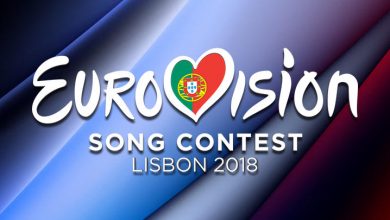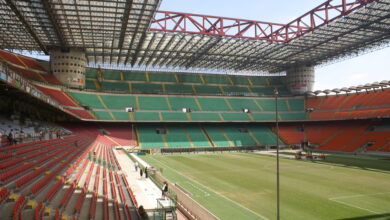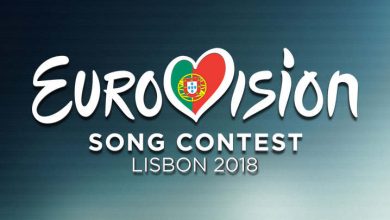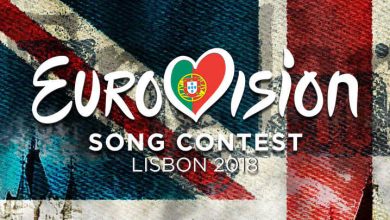Croatian football (World Cup 2018)

Croatian football
Croatia is a former Yugoslavian republic. This means they tend to play something resembling 3-5-2. This is so you have the maximum amount of midfielders, because you want players to both attack and defend. Why? Counter-attack, pace, shock, and awe. This is how you play football in the West Balkans. Now this was how Balkan football was maybe 20 years ago, but it is also their identity. Fast paced explosions, when the ball is conquered. Croatian football is a matter of honour, of national pride, of identity. Football players are warriors for their nation. And Croatians are proud. All you know about Balkan politics, you see on the pitch, in the stands. This is war.
Where do the Croats play?
Barcelona, Real Madrid, Atletico Madrid, Liverpool, Inter, Juventus, Milan, and the list goes on. Nearly everyone at the top of European football has a Croatian or two. And if they do not, then you might ask yourself if that explains, why they did not reach the Champions League final. In which a Croatian played 90 minutes for each side.
A couple of the national squad members play at home in the Croatian league, but do not expect to see much of them during this World Cup. The Croatia league never really materialised after independence, and therefore the national team is nearly always from all the great clubs of Europe. Not much from back home.
This also means that you should not necessarily expect the Croatians to play very Balkan football. Maybe not even Croatian football. They might not be a large country, but they have international stars as half the starting line-up. And what the rest might lack in skill, they make up for in patriotism and fight.
Political influence and national narrative
31 years ago there was Yugoslavia. One of the larger European country, and a footballing nation heading towards it zenith. One that should be able to win world cups in the 90’s, but that was all about to change. 1987 a under-20 Yugoslavian side travel to Chile to play their age group’s World Championship. The tournament, which was largely ignored in the Serbia part of the country, was filled with the coming golden generation of Croatian football. Yugoslavian sports teams were nearly always a mix of Croatians and Serbians primarily.
However, this predominantly Croatian side, ignored by the country at home, went on to win the tournament. And they would form the basis of the Croatian side that reach the quarter final in Euro 1996 and end third in 1998. Miracles for a complete new nation with no recent history of independence. Croatian football has throughout its independent history punched above its weight.
But… Yugoslavia is a name not easily forgotten. In the Second World War Croatians and Serbians would massacre each other to the point, where the country would likely never be able to heal. In the early 1990s communism fell apart in Europe, and the Soviet Union’s day were numbered. At this time the Croatians rose against the politically Serbian dominated Yugoslavia. Massacres restarted, civil war, civilians murdered, former loving neighbours suddenly remembered to hate each other over nothing.
When the war ended and Yugoslavia was no more, then the war would continue, when the new countries faced each other in sport. Little is forgiven, nothing is forgotten. These scars do not heal, and where there was paramilitary in the 1990s today, there are football players now. The Croatian national football team is the pride of the nation. And when you are the pride of the nation of a Balkan nation, then we are talking devotion beyond religion.
Croatia is a young nation. One with a violent history. Moving beyond the war and accepting the European principle of peace before confrontation is a slow integration. If you need a sign of where Croatia is, then look to their national team and their fans. This is Croatia at its best, and at its worst.
Group and expectations
Croatia face the African variable of Nigeria first. Nigeria could go through from the group, just as well as they could lose all 3 games. Second game is against Argentina. The South Americans are a nation of stars (at least up front), but their qualification was been less than impressive, where they were not qualified before the last round started. Argentina might compete for the title, but they lack their former skill. Well if we look only at the players behind Messi… And finally Iceland. A team that can draw with anyone, who play like viking warriors, and you might see a real warlike battle in the final game of the group.
There are no guaranteed wins for Croatia, and not games which they cannot win. Reasonably they should finish second, and then get knock out by France in the round of 16. But how any of that happens, well nobody knows. There should be no boring games in group D, and the only surprise would be if the group yield no surprise. And from there who knows… If Croatia manage to get the top spot, and then face Denmark or Peru in the ro16, then they have momentum. All or nothing is just as likely as anything in between.
Croatians back home will also not be satisfied with merely a good result. They expect their team to play to win every match, and maybe even the whole tournament (not matter how unrealistic it might seem for the rest of us).
Enjoy Croatian football. And the passion with which they fight for their country.






